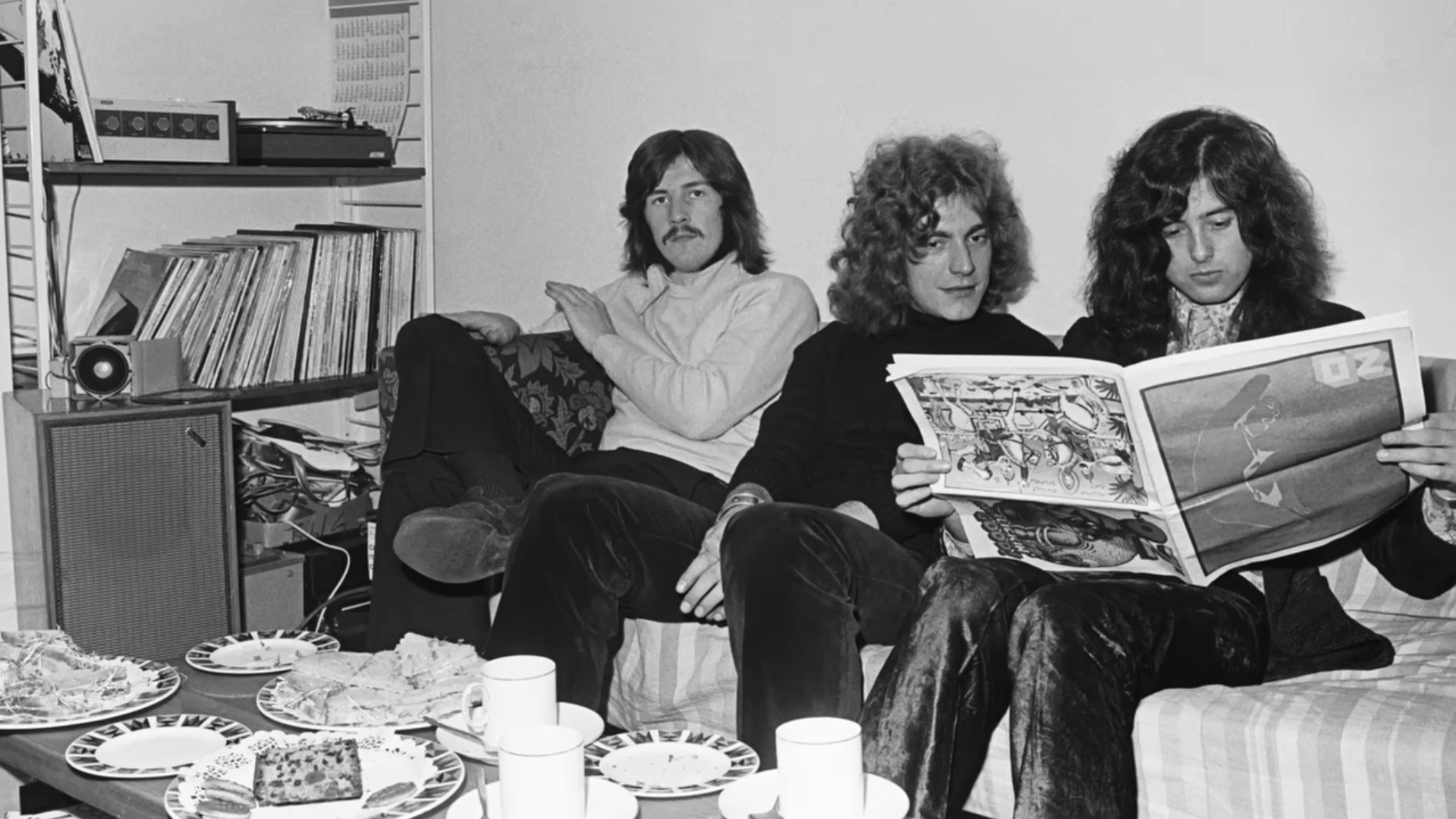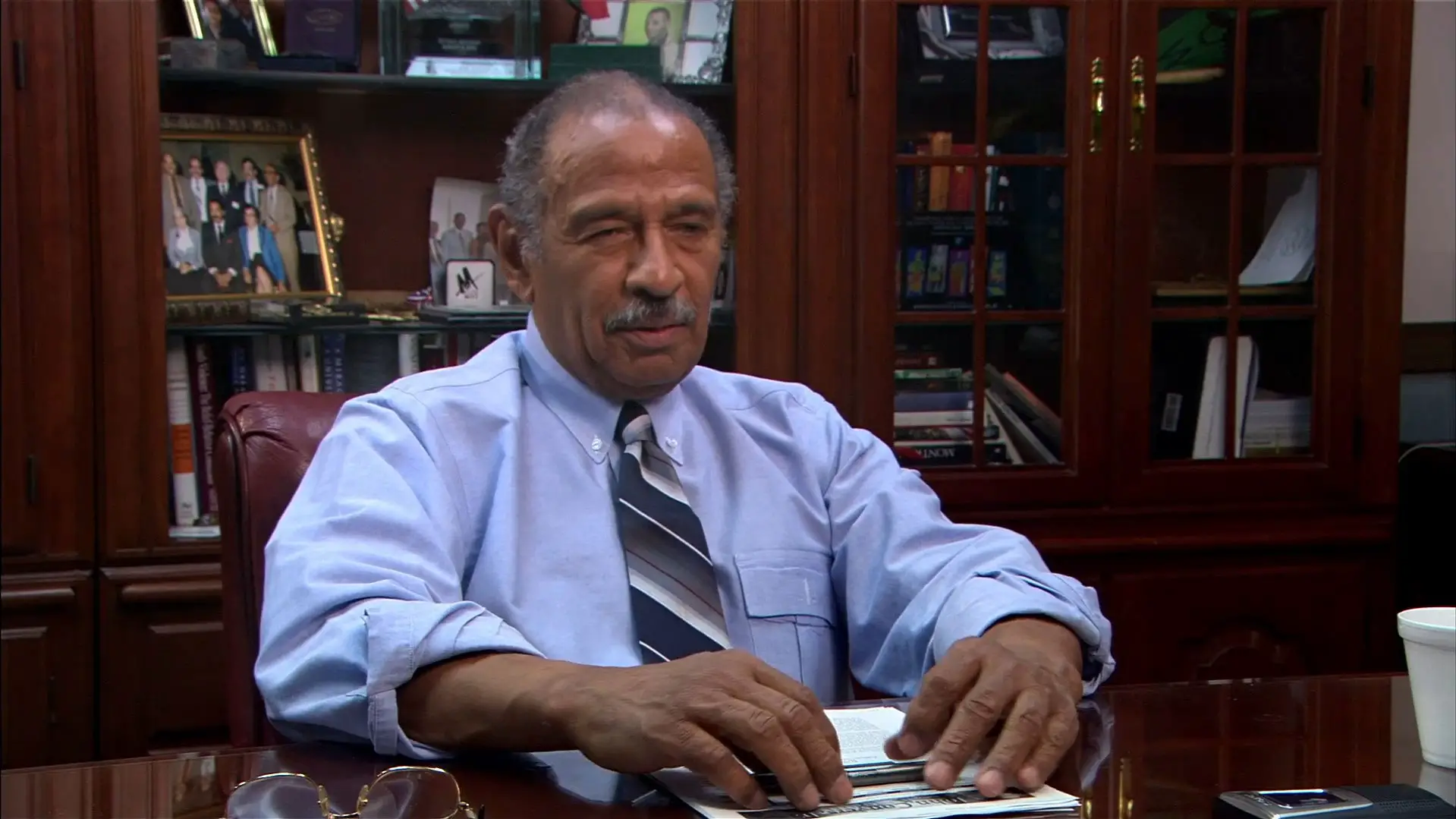
Documentary Movies
Documentary movies are non-fiction films that aim to inform, educate, or provoke thought by presenting real-life events, people, or issues. Unlike fictional films, documentaries are grounded in fact, often using interviews, archival footage, narration, and on-the-ground reporting to explore the world as it is. They cover a vast range of subjects—politics, history, science, nature, culture, human rights, and more.
One of the most powerful aspects of documentary filmmaking is its ability to give a voice to the unheard. Films like Hoop Dreams follow the lives of individuals facing real struggles, while 13th and I Am Not Your Negro examine systemic injustice and race relations in the U.S., combining historical footage with modern commentary.
Nature documentaries, such as Planet Earth or My Octopus Teacher, immerse viewers in the beauty and complexity of the natural world. These films not only showcase stunning cinematography but also raise awareness about conservation and the impact of human activity on the environment.
Other documentaries, like Super Size Me and Fahrenheit 9/11, use satire or provocative storytelling to challenge powerful institutions or spark social debates. Meanwhile, biographical documentaries such as Won’t You Be My Neighbor? or Amy offer intimate portraits of influential figures, revealing their lives behind the spotlight.
The genre has evolved with technology—today, streaming platforms have made documentaries more accessible than ever. From investigative journalism to personal storytelling, the formats vary, but the core goal remains the same: to reveal truth and inspire reflection.
Documentary movies are more than just educational—they can be emotional, urgent, and deeply human. They invite us to see the world through different eyes, question what we know, and connect with real stories that shape our understanding of life, society, and ourselves.


Piece by Piece

Am I Racist?

Apollo 13

Fahrenheit 9/11

After Death

Limitless with Chris Hemsworth

Moonage Daydream

Deep in the Heart: A Texas Wildlife Story (2022)

The Tinder Swindler

Leaving Neverland



